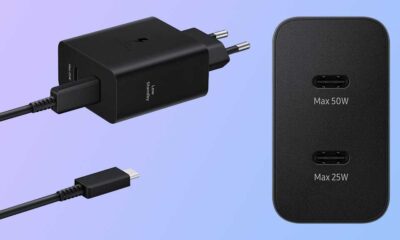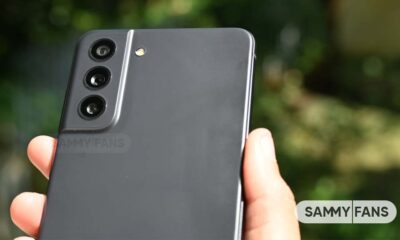News
EXCLUSIVE: Samsung preps ‘Message Guard’ feature for older Galaxy devices, third-party messaging apps
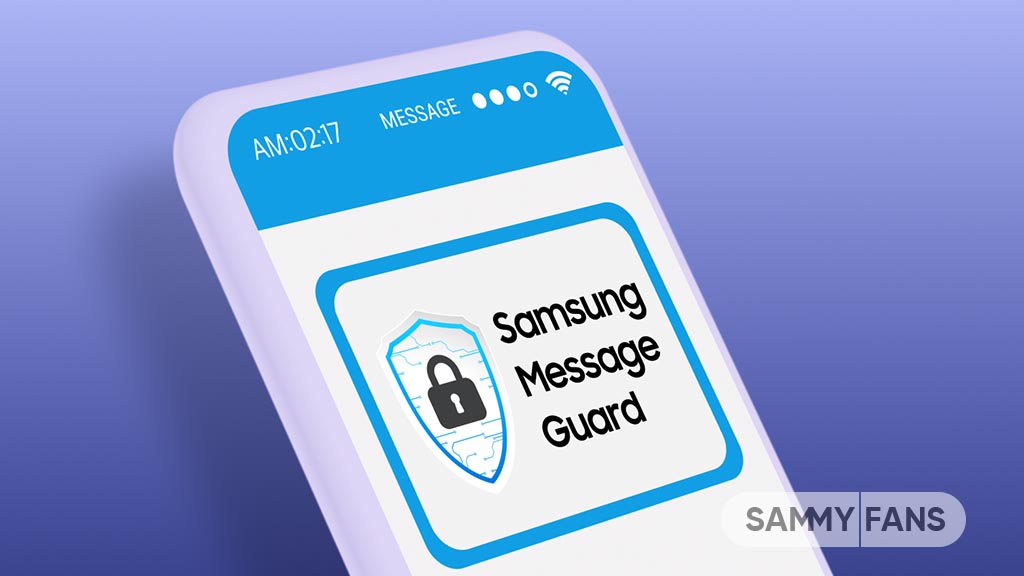
Samsung Message Guard is currently limited to the Galaxy S23 series, while our sources told us that this feature is under preparation for older Galaxy devices and will work across third-party messaging apps other than Samsung Messages and Messages by Google apps.
Follow our socials → Google News, Telegram, Twitter, Facebook
Currently, the Samsung Message Guard feature works on just Samsung Messages and Messages by Google apps on the Galaxy S23 devices, without the ability to work across third-party messaging applications. As the company begins preparation, several older Galaxy users will get it before 2023 ends.
To make it happen, the company is closely working with prominent social media platforms to let Samsung Message Guard keep your phone’s messaging apps protected from zero-click exploits. Firmware updates will add support on compatible devices, while app updates will make it accessible.
As of now, our sources lack information about eligible devices for the feature, but we will keep you updated as soon as any new and authentic input arrives. Several Galaxy devices are running Android 13-based One UI 5.1, which should be eligible for the Message Guard feature.
Thanks to the award-winning Samsung Knox, Galaxy smartphones and tablets already feature industry-leading security and privacy protections across the user interface. The Knox suite introduces end-to-end protection across every layer of hardware and software, as well as real-time threat detection.

During the Galaxy Unpacked, the company revealed that Samsung Message Guard is an advanced “sandbox,” or a kind of virtual quarantine.
When an image file arrives, it is trapped and isolated from the rest of the device. This prevents malicious code from accessing your phone’s files or interacting with its operating system.
Samsung Message Guard checks the file bit by bit and processes it in a controlled environment to ensure it cannot infect the rest of your device.
News
Samsung Galaxy Buds 3 Pro launch near, case packs 500mAh battery
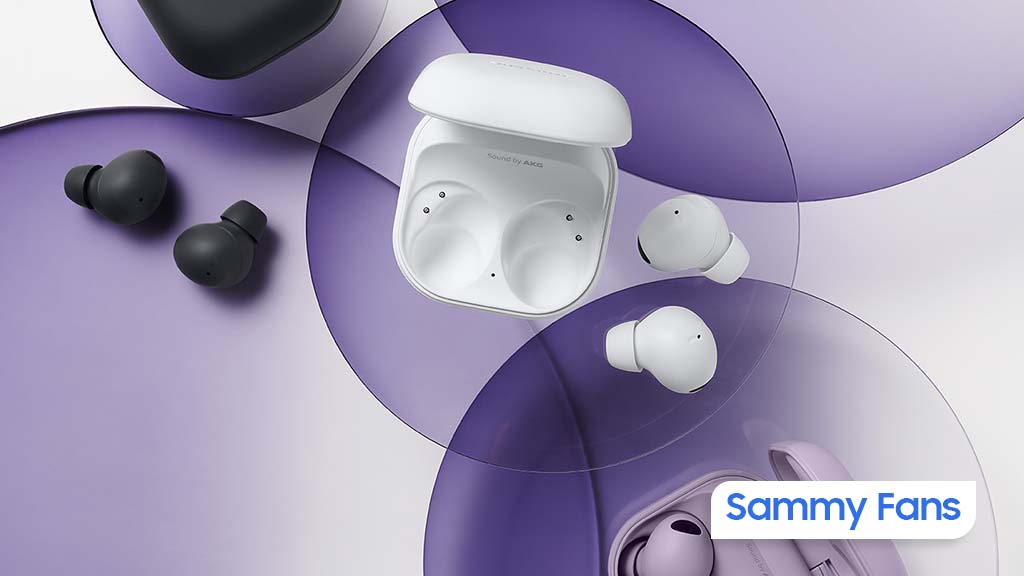
Samsung’s premium wireless earbuds making a comeback this year. Last year, the company didn’t launch premium earbuds, but brought the first pair of FE-branded Galaxy Buds. Samsung is expected to launch Galaxy Buds 3 Pro in the next Unpacked, which features a 500mAh battery case.
The Galaxy Buds 3 Pro case packs a 500mAh battery, first spotted by 91mobiles. The Buds 2 Pro also brings a charging case with a 500mAh battery. Apart from TUV certification, the product has also surfaced on India’s BIS certification site, confirming its imminent debut.
In particular, the upcoming Galaxy earbuds are listed with the model number EB-BR630ABY on TUV and BIS. Each earbud of the Galaxy Buds 2 features a 58mAh battery and Samsung might ship the Buds 3, at least, with the same battery capacity.
April is about to end and the next Unpacked will likely be held in mid-July this year. Samsung’s Buds 3 Pro may be unveiled alongside new foldables and wearables. In addition, the company may also release its first smart ring, the Galaxy Ring.
Stay up-to-date on Samsung Galaxy, One UI & Tech Stuffs by following Sammy Fans on X/Twitter. You can also discover the latest news, polls, reviews, and new features for Samsung & Google Apps, Galaxy Phones, and the One UI/Android operating system.
Do you like this post? Kindly, let us know on X/Twitter: we love hearing your feedback! If you prefer using other social platforms besides X, follow/join us on Google News, Facebook, and Telegram.
News
Samsung’s new 50W adapter charges two Galaxy phones at 25W simultaneously
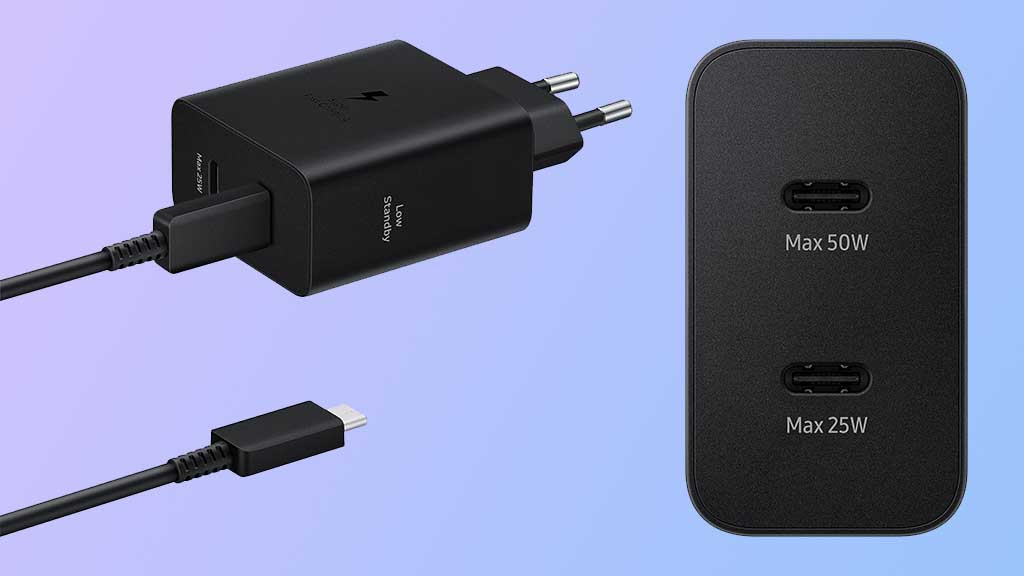
Samsung launched a new 50W charging adapter (EP-T5020) with dual ports. The product is available in select European countries and we hope the company will soon bring it to more markets. As there’s no phone capable of charging over 45W speed, the 50W adapter is still worth buying.
The New Samsung 50W adapter brings dual ports, allowing users to charge two Galaxy phones at 25W simultaneously. When both ports are used, the adapter will distribute 25W each, making it easier to get two Galaxy devices charged at the same time.
To get 50W speed (USD PD PPS protocol), you need to use the first port, usable to charge Galaxy Book laptops. For additional convenience, the secondary port is capped at 25W charging speed. This means you are not required to charge two devices to get 25W output.
Galaxy S24 Ultra, S24 Plus, S23 Ultra, S23 Plus, and M55 5G are some Samsung devices that support 45W fast charging. Most Galaxy phones and tablets have 25W charging support, which is not much less than Samsung’s 45W brick.
While the availability is limited, the 50W brick can be owned for €69.90. Meanwhile, Samsung also sells 65W triple-port EP-T6530, which you can buy for Galaxy Book laptops. Future Galaxy flagships should bring even more faster charging tech, it’s a long-standing demand.

Image: Roland Quandt
Stay up-to-date on Samsung Galaxy, One UI & Tech Stuffs by following Sammy Fans on X/Twitter. You can also discover the latest news, polls, reviews, and new features for Samsung & Google Apps, Galaxy Phones, and the One UI/Android operating system.
Do you like this post? Kindly, let us know on X/Twitter: we love hearing your feedback! If you prefer using other social platforms besides X, follow/join us on Google News, Facebook, and Telegram.
News
Samsung to discuss Generative AI, Hyperautomation at Dell Technologies World 2024
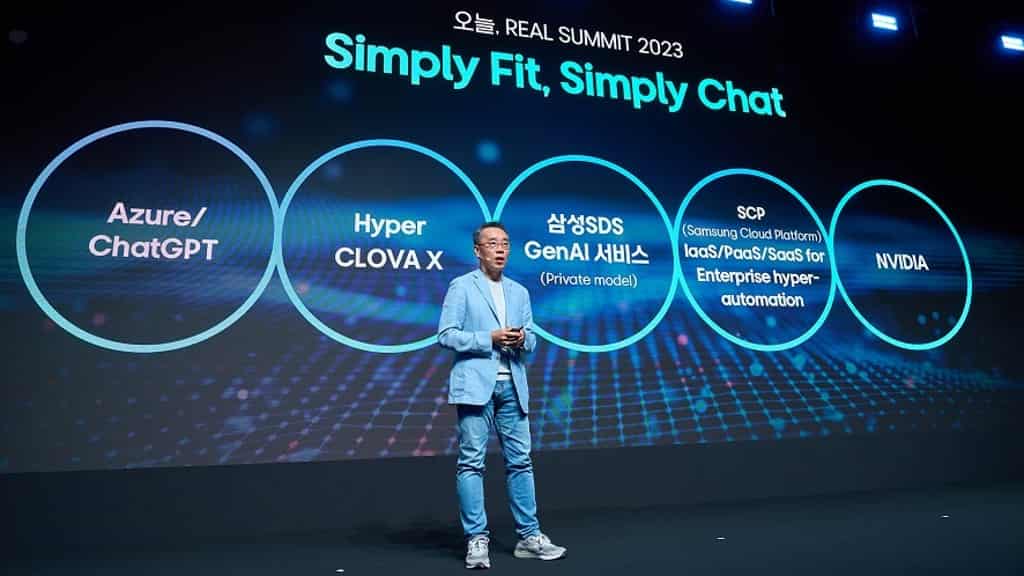
Samsung’s IT service unit will participate in this year’s Dell Technologies World event. Sungwoo Hwang, President and CEO of Samsung SDS, will give a keynote speech at DTW 2024. The event will also be attended by the CEO of NVIDIA Corp. and other industry giants.
Taking place in Las Vegas from May 20 to 23, DTW is an annual IT exhibition hosted by Dell Technologies Inc. On the first day, Samsung SDS’ Sungwoo will take the stage as a keynote speaker. He will speak on “The Future of Generative Artificial Intelligence (AI) and Hyperautomation.”
Apart from Samsung SDS CEO, Michael Dell, chairman of Dell Technologies, Bill McDermott, chairman of ServiceNow, and Jensen Huang, CEO of NVIDIA will also present the keynote speech at Dell Technologies World 2024 event.
Samsung SDS highlights that the term “Hyperautomation” refers to a technology that automates office tasks seamlessly through Generative AI. This is the first time that the South Korean tech giant is participating in the event as a keynote speaker.
“Hwang was invited by Dell to participate as a keynote speaker alongside industry giants,” a Samsung SDS official said. ”We therefore expect various business discussions to take place.“
Stay up-to-date on Samsung Galaxy, One UI & Tech Stuffs by following Sammy Fans on X/Twitter. You can also discover the latest news, polls, reviews, and new features for Samsung & Google Apps, Galaxy Phones, and the One UI/Android operating system.
Do you like this post? Kindly, let us know on X/Twitter: we love hearing your feedback! If you prefer using other social platforms besides X, follow/join us on Google News, Facebook, and Telegram.







